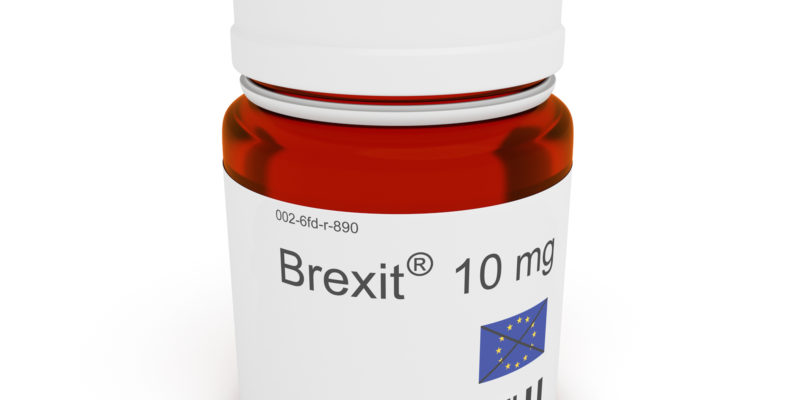The UK is due to leave the EU at the end of January 2020, nearly nine months after the original planned date… and it remains to be seen what impact this has on the pharmaceutical industry in this country.
Writing for the European Pharmaceutical Review, Peter Morgan of Elementar UK explained that in the short term, the biggest worry is still that the UK will crash out without a deal in place, which will see the way that medicines are traded and approved thrown into “doubt and confusion” until a new way of working can be agreed upon.
But if there is a deal, there are various ways in which procedures could become more time-consuming and complex than they already are.
He went on to explain that it is likely that the way that product labelling is carried out will have to be updated and amended in order to comply with new requirements for the UK.
“If regulatory divergence increases further in the post-Brexit future, companies may be required to submit their medicines through two different approval processes and meet different QC criteria in order to carry on trading in both the EU and the UK,” Mr Morgan went on to say.
He further advised pharmaceutical manufacturers to ensure that they’re prepared for the changes by following emerging trends and maintaining their commitment to the highest standards of product quality, safety, traceability and purity.
Pharma companies, both in the UK and the EU, may well find they have to make changes to their tertiary pharmaceutical packaging after Brexit. Drugs may need to be repackaged if manufacturers have to change release sites or apply for new marketing authorisations.
It is likely that a grace period will be allowed for companies to make these changes but this could prove tricky and time-consuming, unless packaging artwork is produced in-house. As such, being as prepared as possible for any and all changes that need to be made is essential.
The European Medicines Agency (EMA) has useful Brexit-related guidance for companies to help them navigate the difficult landscape at the moment. It aims to make sure that pharma companies are ready to take the steps required to ensure uninterrupted supply of medication in the EU for the benefit of patients, assuming that the UK will become a third country.
At the end of October, the European Council agreed to a further extension of the withdrawal date, which has now been named as January 31st 2020. The UK will remain a member state of the EU for the duration of the extension and the EMA is now urging all those in the industry to continue their preparedness for the UK leaving the EU.

